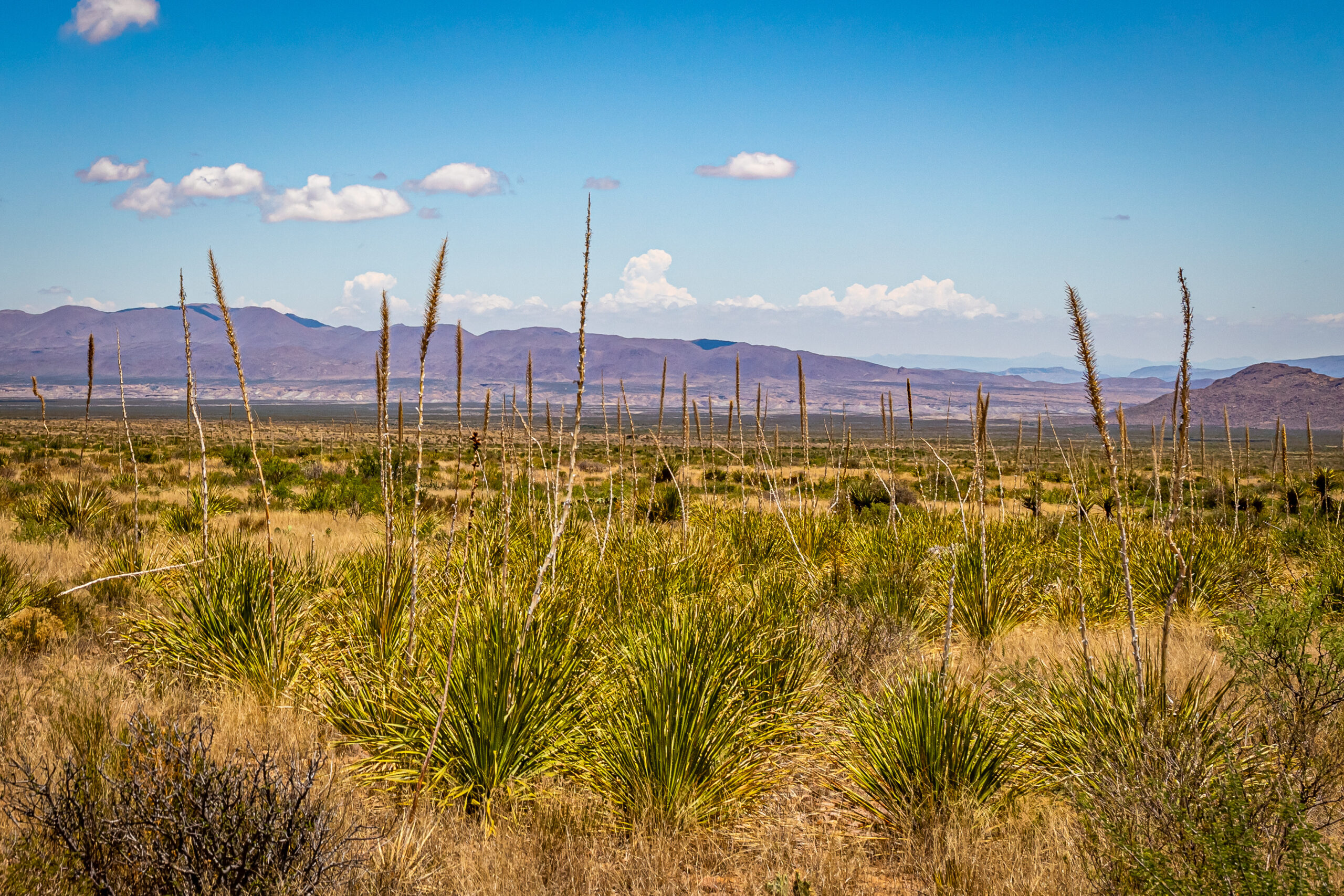When Mexico granted sotol Denomination of Origin (DO) status in 2002, it marked a turning point for the spirit. Recognition put sotol on the same legal footing as tequila and mezcal. But what does a DO actually mean—and why does it matter?
What is a DO?
A Denomination of Origin protects products tied to a specific place. Just as Champagne must come from the Champagne region of France, sotol labeled as such must be produced in designated Mexican states—Chihuahua, Durango, and Coahuila.
The Benefits
- Authenticity: DO ensures that only spirits from traditional regions can bear the name “sotol.”
- Economic Development: It helps local producers build identity and compete in global markets.
- Cultural Recognition: It acknowledges sotol as an expression of northern Mexican heritage.
The Challenges
- Exclusion of Other Regions: Dasylirion grows in Texas, New Mexico, and other parts of Mexico, but those producers cannot legally label their spirit as “sotol.” This raises questions of fairness and cultural continuity.
- Enforcement: Small producers in rural areas may struggle with certification costs, leaving them outside the formal market.
- Market Awareness: A DO alone doesn’t guarantee consumer recognition—education is key.
Looking Ahead
Debates over expanding DO boundaries, balancing wild harvesting with sustainability, and supporting small sotoleros will shape the next chapter. For consumers, the DO is a mark of trust—but for producers, it is also a reminder that sotol’s identity is still being defined.


Leave a Reply